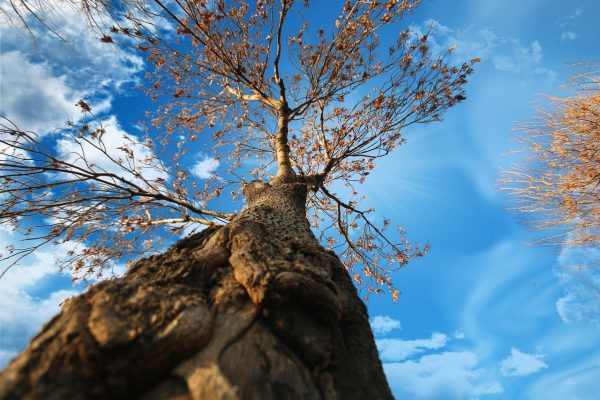This “Essence” is taken from the Sourcebook for Leaders, written by Rabbi Rachel Gartner and Barbara Berley Melits, for Rosh Hodesh: It’s a Girl Thing! This experiential program was created by Kolot: The Center for Jewish Women’s and Gender Studies to strengthen the Jewish identity and self-esteem of adolescent girls through monthly celebrations of the New Moon festival. The program is now available through Moving Traditions.
Fast Facts
Tammuz is the fourth month of the Jewish calendar.
Tammuz comes at the same time as the secular months June/July.
The mazal (constellation) for Tammuz is Cancer, the sartan (crab).
Features
Shiva Asar B’Tammuz (The 17th of Tammuz) is a minor fast day (fasting is required only from sunrise to sunset). Tradition ascribes to the 17th of Tammuz a number of tragedies from various epochs in Jewish history. The fast commemorates these catastrophes, the most notable of which are:
Moses’ breaking of the first tablets of covenant upon finding the Israelites worshipping a golden calf;
The breaching of the walls of Jerusalem in the time of both the first and second temples;
According to legend, Noah sent out a dove on the 17th of Tammuz to see if the flood waters had calmed and if the mountaintops were visible. But the bird returned, signaling that there was no dry place to rest.
The Three Weeks is a sustained period of mourning over the destructions of both temples. It begins on the 17th of Tammuz, the day of the breaching of the walls of Jerusalem, and ends on Tisha B’Av (the 9th of Av), the day of the destruction of the temples. It is customary to refrain from holding weddings or other celebrations during this period.
Fabulous Females
Machlah, Noa, Choglah, Milcah, and Tirzah – The Daughters of Zelophehad. We read parashat (Torah portion) Pinchas (Numbers 25:10-30:1) during the month of Tammuz. In this parasha we learn that a man named Zelophehad has died without leaving male heirs to inherit his portion of the land of Canaan. Zelophehad’s five daughters declare that the land should not be lost to their family because there are no sons. Instead, they assert: “Give us a holding (of land) among our father’s kinsman!” In the end, God approves of the daughters’ claim, commands that Zelophehad’s land be transferred to them, and institutes a new law: “If a man dies without leaving a son, you shall transfer it to his daughters. If he has no daughter, you shall assign his property to his brothers ….”
Machlah, Noah, Choglah, Milcah, and Tirzah remind us of the many Jewish women past and present who have joined together to instigate, lead, and ultimately win battles for women’s rights. May their example inspire us to organize to fight injustice.
Foods
It is a Jewish custom to welcome a new homeowner into her home with bread and salt. Try eating a variety of breads to celebrate Zelophehad’s daughters’ victory in gaining rights to inherit a part of their homeland.











